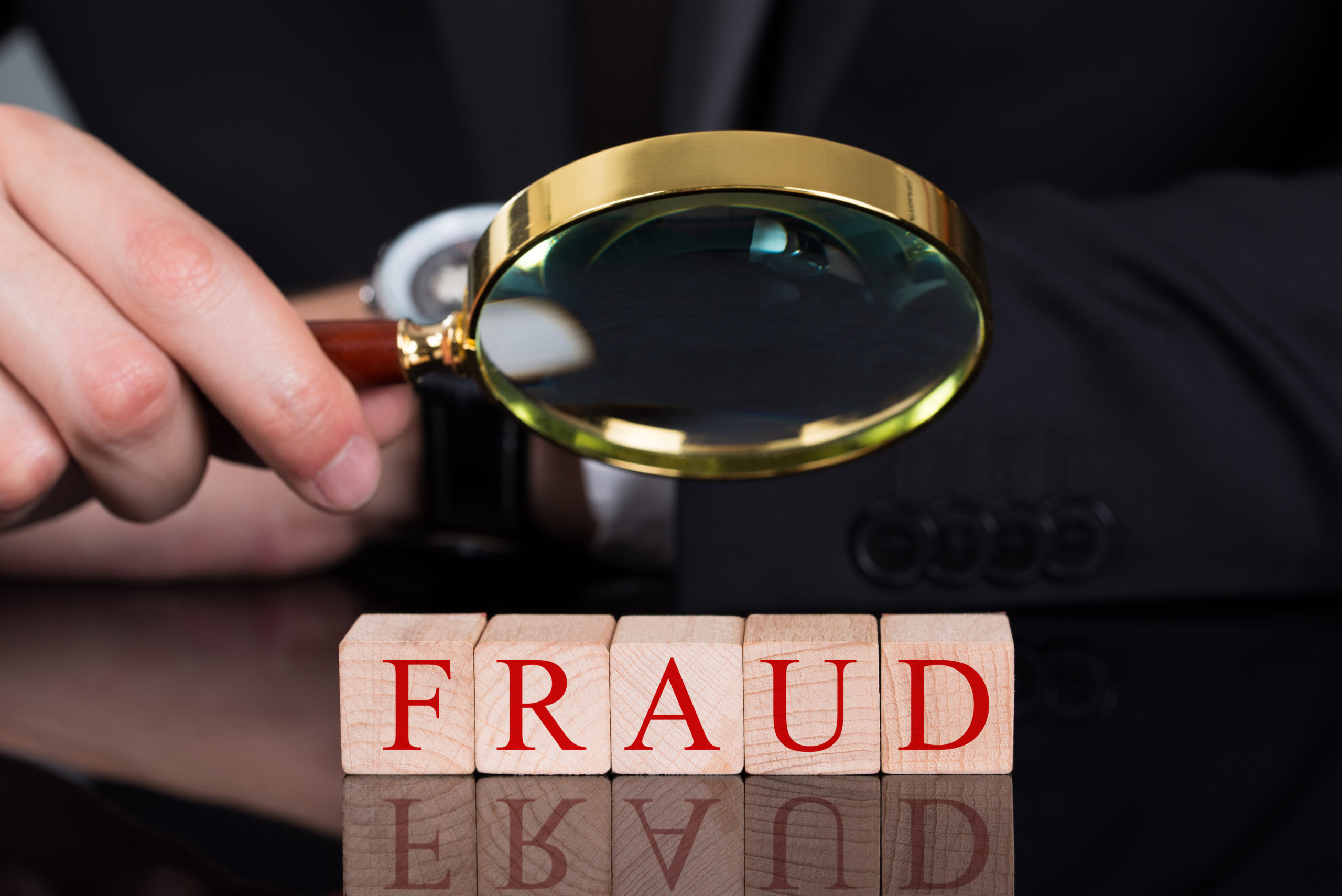The Internal Revenue Manual defines fraud as a “deception by misrepresentation of material facts or silence when good faith requires expression, which results in material damage to one who relies on it and has the right to rely on it. “Simply stated, it is obtaining something of value from someone else through deceit”.
The U.S. system of taxation is based on the premise that all income is taxable. A Taxpayer that willfully attempts to hide income from the U.S. Government is engaging in activity that includes fraud, money laundering or Bank Secrecy Act violations under applicable law.
The IRS Criminal Investigation Unit investigates potential criminal violations of the Internal Revenue Code and related financial crimes
Here are the sixteen IRS Criminal Investigation (CI) areas of emphasis and some examples within the areas:
- Abusive Return Preparer Enforcement: involves the preparation and filing of false income tax returns by preparers who may claim inflated personal or business expenses, false deductions, unallowable credits, or excessive exemptions.
- Abusive Tax Schemes: sophisticated arrangements that take advantage of the financial secrecy laws of some foreign jurisdictions; including issuing credit/debit cards from offshore financial institutions.
- Bankruptcy Fraud: examples include concealing a property transfer that occurring before a bankruptcy, providing false documentation to the bankruptcy court or trustee or destroying or withholding documents, lying to creditors and embezzlement.
- Corporate Fraud: involves financial statement falsification, skimming, asset theft, tax avoidance and “ghost employees”.
- Employment Tax Enforcement: includes filing false or not filing payroll tax returns, payment of cash to employees, pyramiding and misclassification of employees.
- Financial Institution Fraud: fraud against banks, savings and loan associations, credit unions, check cashers, and money remitters that involving AML/BSA violations.
- Gaming: illegal gambling via the internet, charitable gaming, bookmaking, and numbers.
- General Fraud Investigations: taxpayers that willfully violate tax laws.
- Healthcare Fraud: false billings, staged accidents, kickbacks, and pharmaceutical diversion. Criminal Investigation follows the money trail and considers both tax and money laundering perspectives.
- Identity Theft Schemes: driver’s license Identity theft, debit card fraud or credit card fraud, online shopping fraud and social security number identity theft.
- International Investigations: individuals and or business that attempt to use foreign accounts, trusts, and other entities to commit criminal violations of U.S. tax laws, narcotics, money laundering and BSA violations.
- Money Laundering & Bank Secrecy Act (BSA): there are financial institutions that fall short of compliance requirements and result in violations of the BSA.
- Narcotics-Related Investigations: IRS special agents are in search for the leaders of narcotics organizations.
- Non-filer Enforcement: these are the individuals that believe that taxes are voluntary or illegal.
- Public Corruption Crimes: bribery, extortion, embezzlement, illegal kickbacks, entitlement and subsidy fraud, bank fraud, tax fraud, and money laundering.
- Questionable Refund Program: this program has the purpose of identifying fraudulent tax returns and fraudulent tax refund schemes.
IRS knows how to follow the Money
IRS Criminal Investigation will follow the money trail and consider tax and money laundering perspectives.
There is intolerance for fraudulent activity. Hence, Forensic Accountants are in Demand
The current environment of increasing change, economic pressures, globalization, technology, corporate governance, compliance, and the complexity of financial transactions are driving forces behind the demand for Forensic Accounting services. Detection and Prevention is at the core of activities performed by a Forensic Accountant and the Forensic Accountant is looked at as a “problem solver”. History shows that taking a proactive approach by retaining Forensic Accounting services early in the process of investigating a suspected illicit activity is a way to minimize fraud losses and protect a reputation.
An experienced Forensic Accountant is an experienced specialist. Whether a Forensic Accountant is called to investigate fraud, theft, misappropriation, financial fraud, embezzlement or provide litigation support for attorneys, a Forensic Accountant will be invaluable in solving the puzzle and pursuing the wrongdoers. Forensic Accountants can also improve risk management and internal control frameworks.





